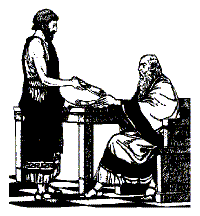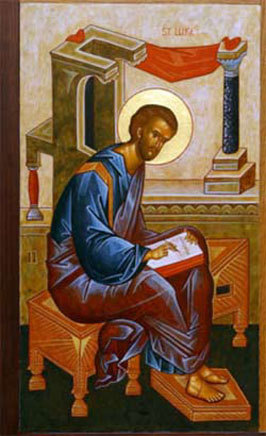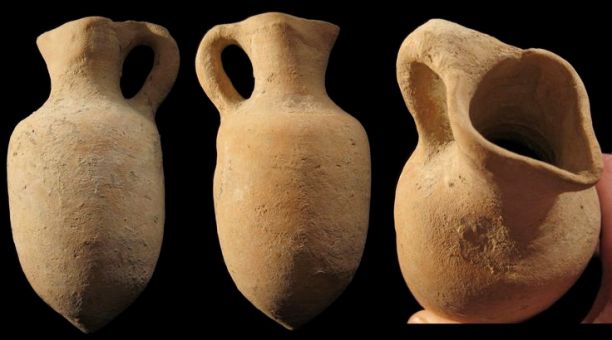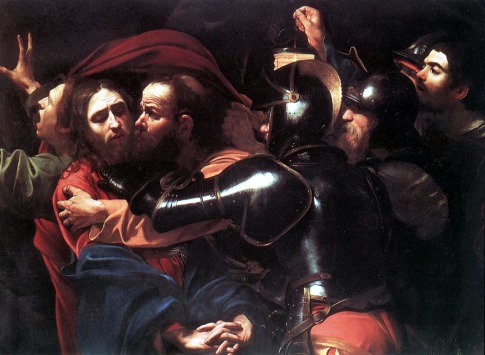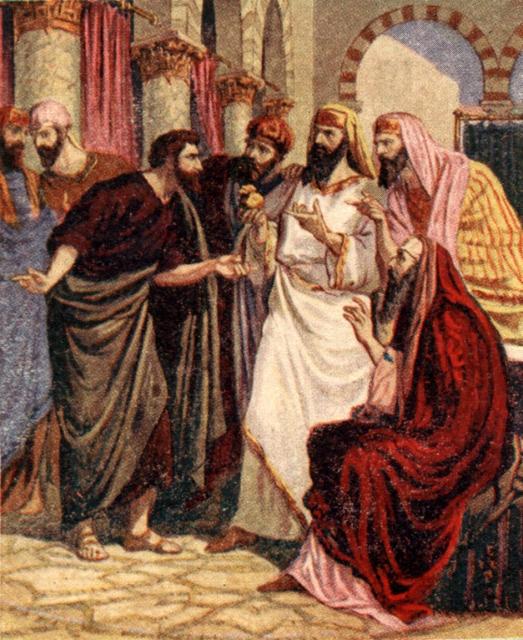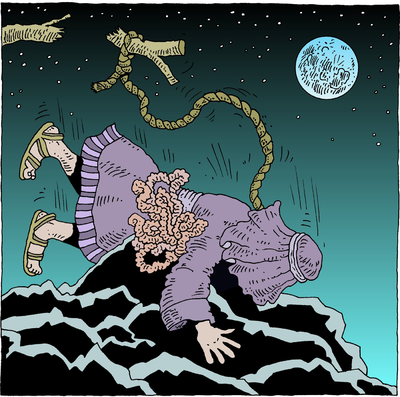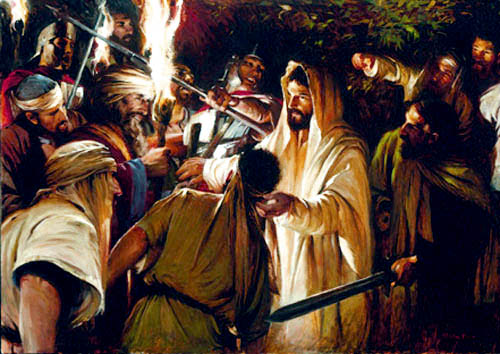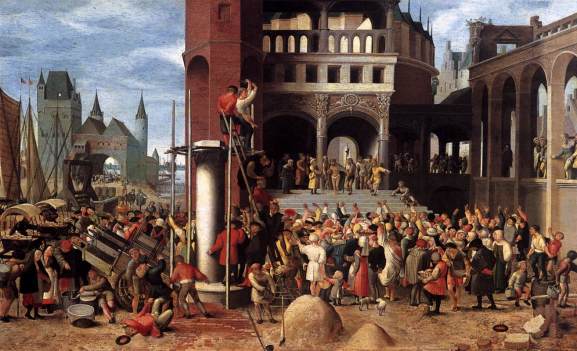
2 Thessalonians 3-10 3 Let no one deceive you in any way. For that day will not come, unless the rebellion comes first, and the man of lawlessness is revealed, the son of destruction, 4 who opposes and exalts himself against every so-called god or object of worship, so that he takes his seat in the temple of God, proclaiming himself to be God. 5 Do you not remember that when I was still with you I told you these things? 6 And you know what is restraining him now so that he may be revealed in his time. 7 For the mystery of lawlessness is already at work. Only he who now restrains it will do so until he is out of the way. 8 And then the lawless one will be revealed, whom the Lord Jesus will kill with the breath of his mouth and bring to nothing by the appearance of his coming. 9 The coming of the lawless one is by the activity of Satan with all power and false signs and wonders, 10 and with all wicked deception for those who are perishing, because they refused to love the truth and so be saved.
As I was reading 2 Thessalonians, I became really interested in the seven verses above. At first I thought, it must be referring to Satan, right? Who else could this mystery man possibly be? After further research, however, there is some contention over the true identity of this “man of sin”. The way it is written leads me to believe that the Thessalonians knew the evil man that is referenced in these verses. So, who is this “man of lawlessness”?
Early Christians believed that the author was indicating the Roman Empire to be the lawless one. They carried this belief because the empire opposed Christianity, it demanded worship in comparison to a god (like it says verse 4), and it promoted evil acts. I can see the connection here, but the theory has already been disproved. According to the theorists that do not agree with this idea, the Roman Empire would have to still be an active regime in order to be the man of lawlessness. It says that the end of times will not come until the rebellion takes place and the son of destruction shows himself. Since the Roman Empire ended many years ago, it is argued that it cannot be the identity of the man of lawlessness.

The Roman Empire is just one of many theories that attempt to uncover the identity of the man of lawlessness. Another theory held by scholars is one that portrays Satan as this unnamed evil. The idea here is that Satan is constantly working behind the scenes until he can take human form and become the man of lawlessness. The biggest problem with this theory is that in verse 9 the lawless one is acting on the orders of Satan. One would assume then, if this evil one is acting according to Satan’s will, then it cannot be Satan himself.
Yet another theory I found was one that describes the rise of the papacy and the development of Catholicism to be what the author of 2 Thessalonians describes as the man of sin. This idea is popular with evangelicals and extreme fundamentalists because, to them, the papacy fits with idea of apostasy–the falling away of believers from ‘the truth’. Theorists who share this idea believe that whoever wrote this book under Paul’s name was elaborating on the Old Testament prophecy found in Daniel.
Daniel 11:31 31 Forces from him shall appear and profane the temple and fortress, and shall take away the regular burnt offering. And they shall set up the abomination that makes desolate.
Christ was assumed to be the sole head of the church (1Cor 3:16, Eph 2:19-21), but the Roman armed forces removed Christ and set up the Papacy in his place as the abomination that desolates the true faith. A few of the famous names I found to be associated with this theory were Martin Luther, John Wesley, and John Calvin. These Protestants of the 16th Century identified the “man of lawlessness” as the Papacy, and also the Antichrist. This also brings me to the last theory of this mysterious being’s identity.

The word Antichrist comes from the combination of the Greek word “anti” (meaning ‘in place of’ or ‘someone who stands instead of’) and the common name given to Jesus. The literal meaning would then be “in place of Christ“. The Antichrist is given the title “man of lawlessness” because he will oppose in every way the biblical God and His laws. To act as God would be the ultimate opposition to biblical law. Going back to the Satan theory, this Antichrist would be Satan’s advocate that is referenced in verse 9 of 2 Thessalonians.
It was very intriguing to see the many different viewpoints on this subject. I found theories of the man of sin’s identity that had not even crossed my mind, such as the Papacy theory. Each one has the ability to make a good argument, but some of them also have their inconsistencies. Either way, this topic opened my mind up to other possible explanations to the identity of the lawless one.





